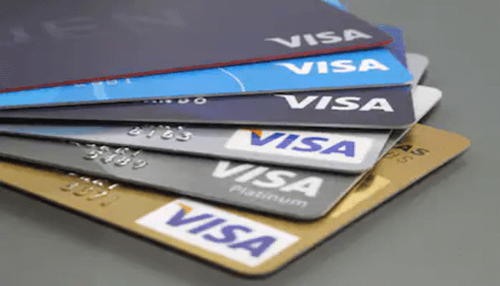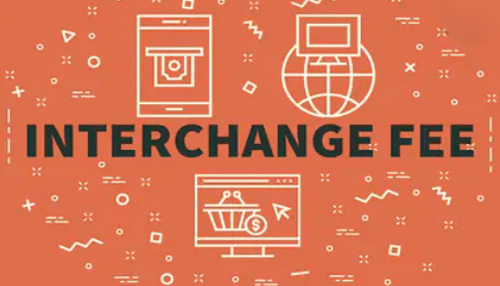The year 2020 sees a sudden surge of cashless payments. While other businesses still need to adapt, the majority already have provisions for card payments. You need to offer multiple payment options, such as VISA cards, to keep your company competitive. In 2019, there were 345 Visa credit cards in the United States and 797 in the world. How do you choose a reliable payment processing company like cardknox for Visa Interchange? Keep reading and be informed.
1. Low Processing Fee
A Visa interchange rate is a fee imposed by a Visa card company for every transaction. Often, payment processing companies gain through markups. For example, whenever VISA charges a 0.800% interchange rate, the company can charge an additional 10¢ to 15¢ as payment processing fee.
The minimal markup fees accumulate with an increased number of transactions. To save operational costs, choose the company with the lowest markup, especially if your business has international transactions. Always compare prices, and shortlist at least three payment processing companies for VISA cards. Unless you can afford to pass on the fee to your customer, you are wise to go for the least expensive option.
2. Multiple Cards Handling
Some customers keep two or more debit and credit cards. It is better to choose a payment service company that handles multiple cards like Visa, Mastercard, Discover, among others. You never know when a customer’s card malfunctions, and you will lose sales if you decline based on card processing unavailability. One sale is already a significant loss in a saturated business-to-consumer market or any business-to-business setup.
Furthermore, maintaining different providers for different debit/credit cards is more costly. You need to spend for additional power, maintenance, and staff. Unless the savings difference between the two options is so significant, your business is better off partnering with a multi-card payment processing company.
3. Open Contracts
Some companies offer low transaction fees initially and gradually raise the markups in the succeeding years. For this reason, open contracts are a better option for your business. You can easily withdraw from the deal and shift to a better provider. Even if a payment processing company assures you of a fixed Visa interchange rate throughout the contract term, other factors can come into play, such as poor service or outdated software. A straightforward and transparent partnership with a payment service company can help your business achieve goals.
4. Fast Transfers
A company that understands your need for immediate funding demonstrates its capacity for upgraded technology, operational efficiency, and quality service. Treat such a company as your strategic partner. Some VISA interchange payment processing companies offer same-day funding or transfers even. One day of delayed transfer spells an opportunity cost on the part of the merchant. Make sure to understand the company’s schedule for settlements, especially when you have international transactions.
5. Technology Upgrade
Today, a business that offers multiple platforms for VISA payments (e.g., mobile, tablets, wireless terminals) has a winning advantage. Choose a payment processing company that continuously adapts to the changing times and market trends. In the advent of the e-commerce boom, for instance, your provider should have e-commerce friendly solutions like multiple payment gateways, virtual terminals. Otherwise, it would put the company behind the market.
Factors Affecting Interchange Rates
Businesses that allow clients to make payments via credit/debit card pay the interchange fees. However, the rates always vary. Many complex variables affect Visa interchange rates.
- Card Type. When a customer pays their transactions through credit card, the rates that the company charges are different than transactions made through a debit card. Debit card interchange rates have lower fees as they are considered low risk compared to credit cards.
- Business size and industry. The computation of interchanges varies according to the size of the business and its specific type of industry. Larger companies often have lower rates compared to small businesses. It is because bigger companies have enough customers so they can negotiate with the card company for a lower rate.
- Transaction type. When customers pay through POS (point-of-sale), the transaction is considered less risky than CNP (card-not-present) dealings. Each credit/debit card has a chip embedded with it. Upon transaction, the chip is scanned to verify the details of the customer. But with CNP, the establishment is unable to do so. Hence, they have a higher VISA interchange rate.
As a business owner, seeing a deduction from your sales is not something you would like to see. However, the overall profit you gain from your clients is far bigger than the cost of VISA interchange fees. To know more about how these fees work, check with the card company’s customer service. Their offered solution should be customized to your business‘ needs.




